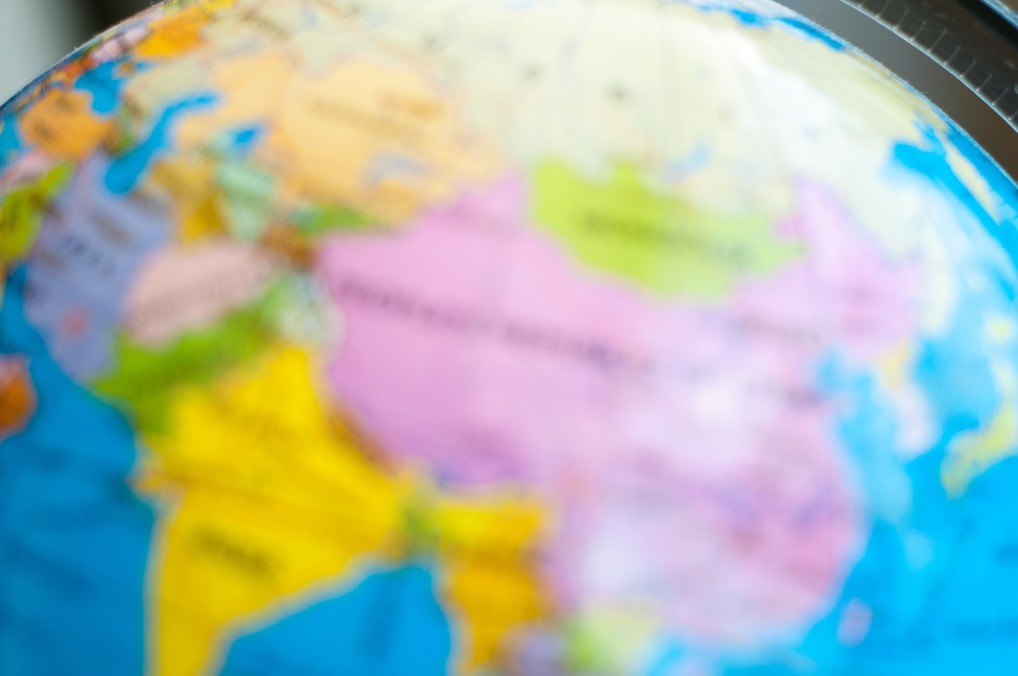It’s no secret that politics has been growing more contentious, and the events of this year have seriously exacerbated that trend. In the light of the coronavirus pandemic and the tragic murder of George Floyd, our public square is filled with suspicion, vitriol, and even violence. It’s become incredibly difficult to keep the darkness that characterizes current events from penetrating our hearts and minds, and for many Americans, the results have been anger, depression, and fear.
However, Christians ought to have a different attitude. The circumstances of this world should matter to believers––many strands of Christian thought, from Catholic social teaching to black liberation theology, have emphasized that God cares about injustice and wants us to lament and work against it. Nevertheless, our faith tradition has always maintained that the presence of darkness in an individual’s heart is more deadly than its infection of the political order.
In Contra Faustum, Augustine writes that the greatest horrors that can result from politics are not oppression and bloodshed but rather the “desire for harming, the cruelty of revenge, the restless and implacable mind, the savageness of revolting, the lust for dominating, and similar things” (XXII.74, qtd. in Augustine: Political Writings). Most Christians acknowledge that the “desire for harming” and the “cruelty of revenge” are problematic. However, one of the evils that Augustine highlights is particularly important for us to reflect upon in these troubled times, and that is the “restless and implacable mind.”
Moderns rarely think of mental agitation as a sin. Augustine, on the other hand, insists throughout his writings that peace is not just a good but also a genuine virtue––and that means the lack of peace is a vice. It is difficult to accuse Augustine of undervaluing human life and wellbeing when one takes into account the deep sadness and disgust with which he views earthly injustice in the City of God and elsewhere. His point in the quoted passage is one not of dismissal but of prioritization. For Augustine, the external evils we face are insidious and dangerous, but darkness within the human heart is more so because it can wound the soul for all eternity.
What do Augustine’s words mean for us today? When we are faced with the harsh realities of illness, police brutality, and destructive riots, can we reasonably expect––should we even desire––to maintain an inner peace? In considering these questions, I’m repeatedly drawn to the wisdom of Fr. Jacques Philippe, the French devotional writer. In his beautiful book Searching for and Maintaining Peace, Fr. Philippe meditates on Jesus’ assertion that “apart from me you can do nothing” (Jn. 15:5). His conclusion is that Christians can only do good when they are united with Christ, and this can only occur in a state of inner peace. In Fr. Philippe’s own words: “The more our soul is peaceful and tranquil, the more God is reflected in it, the more His image expresses itself in us, the more His grace acts in us. … God is a God of peace. He does not speak and does not operate except in peace, not in trouble and agitation” (6).
In times of great political injustice and unrest, the urge to act threatens to overwhelm all thought and contemplation. It’s tempting to believe that it is wrong to refrain from incessant activism when the world seems to be on fire. Fr. Philippe offers a subtle but crucial corrective to this temptation:
[Only] peace of heart truly liberates us from ourselves, increases our sensitivity to others and renders us available to our fellow man. We should add that only one who possesses this interior peace can efficaciously help his neighbor. How can I communicate … peace to others, if I myself do not have it? How can there be peace in families, in societies, between individual people, if there is no peace first in peoples’ hearts (7)?
During these past few months, as a consequence of all the terrible things happening across the globe, I’ve found myself saddened and easily distressed. Part of this comes from genuine compassion, and that is right and just. The suffering of our brothers and sisters should affect us, as Paul writes in 1 Cor. 12:26. Unfortunately, my emotions are not all so pure. In more introspective moments, I can recognize two forms of compassion within me, one peaceful and the other anxious.
Fr. Philippe eloquently distinguishes between these two forms in his book. The first form is “profound and quick to marry all misery and come to its relief,” he writes, but it is “nevertheless tender, peaceful, and confident” (46–47). The second, on the other hand, is actually a mask for selfishness. Fr. Philippe’s words are as convicting as they are challenging:
[W]e believe that to preoccupy ourselves excessively with another in difficulty is justified, that it is a sign of the love that we feel for the other person. But this is false. There is often in this attitude a great, hidden love of ourselves. We cannot bear the suffering of others because we are afraid of suffering ourselves. The reason is that we, too, lack confidence in God (47).
This explains why Augustine writes of anxiety as a vice. At its heart it represents disbelief that God can and will make all things right for those who love Him. The message to maintain inner peace in spite of all the world’s evils may be an unpopular one right now, but it has never been so necessary. To slip into self-torturing fear, sadness, and despair is, in some measure, to abandon our faith in God. But without that faith, our actions will produce no lasting good; in fact, they will only further contribute to our societal ills. John the Evangelist’s words are true: without Him we really can do nothing.



